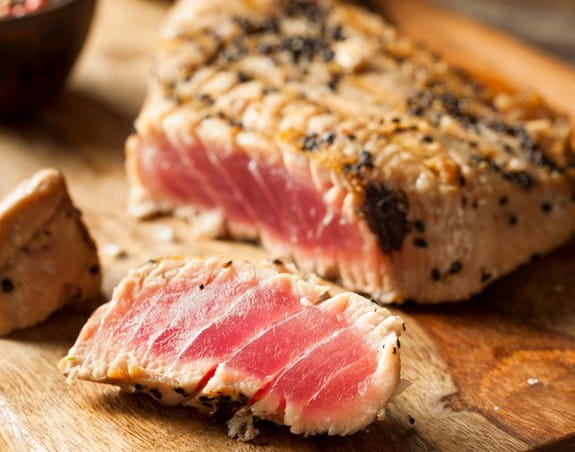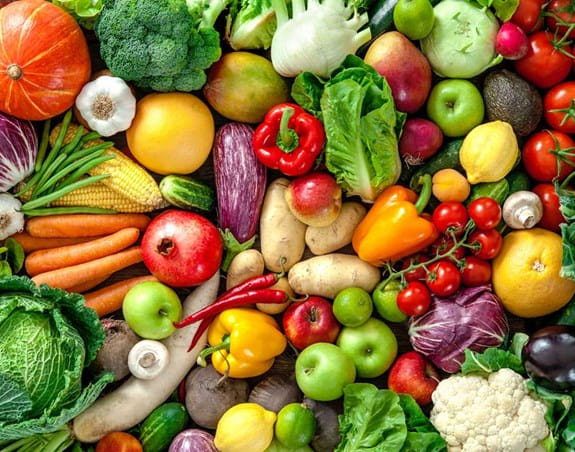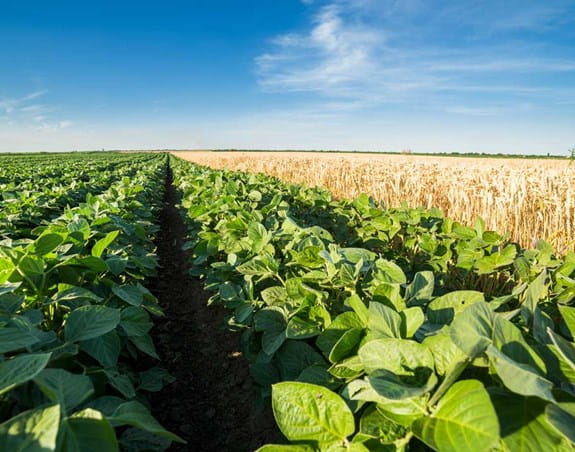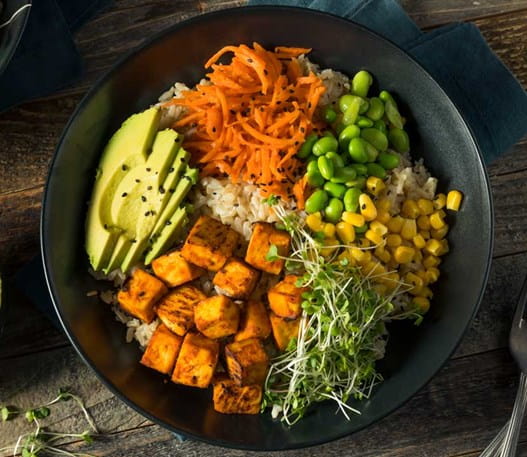Eating well extras to consider

The one exception: vitamin D
Vitamin D is needed for healthy bones and muscles, especially in children and the elderly.
Your skin produces vitamin D when exposed to sunlight, but getting vitamin D from your diet or by taking vitamin supplements is safer than UV rays. Vitamin D can be found in small amounts in a few foods, including fatty fish such as herring, mackerel, sardines and tuna. To make vitamin D more available, it’s added to some dairy products, juices and cereals, which are then labelled as “fortified with vitamin D.”

Vitamin D and cancer
There is evidence that vitamin D may reduce the risk of some types of cancer, particularly colorectal and breast cancers.
How to get enough vitamin D
During the fall and winter months, the sun’s rays are weaker and many Canadians spend more time indoors, away from direct sunlight. Canadians may need to take a vitamin D supplement during these months. Talk to your doctor about whether taking 1000 international units (IU) a day in the fall and winter is right for you.
Babies who are exclusively breast-fed may be at risk of vitamin D deficiency, which is why experts recommend giving them a vitamin D supplement of 400 IU a day.
Having either too little or too much vitamin D can cause health problems. Current evidence suggests that taking a supplement of 1000 IU of vitamin D a day may help reduce your risk of cancer with the least chance of harm.

What are antioxidants and phytochemicals?
Researchers say that it’s not just the vitamins and minerals alone that help protect against cancer. It’s also the special forms of vitamins and minerals in foods or their combination with other substances in foods.
It’s best to choose whole foods, rather than take vitamin and mineral supplements.

Antioxidants are chemical substances found naturally in many foods. Certain vitamins and minerals found in many foods, especially vegetables and fruit, act as antioxidants. Some types of antioxidants are:
- vitamin A
- vitamin C
- vitamin E
- selenium
Phytochemicals are natural compounds found in plants. All vegetables and fruit and many grains contain phytochemicals. They are what give vegetables and fruit their vibrant colours. Some phytochemicals act like antioxidants. Some types of phytochemicals are:
- carotenoids (beta carotene, lycopene and lutein)
- flavonoids
- indoles
- isoflavones
Antioxidants protect the body’s cells and tissues from free radicals, which are made when our bodies use oxygen. Free radicals can damage cells, which may lead to cancer. Antioxidants are thought to help protect cells by removing free radicals before they cause damage.
Phytochemicals may help reduce the risk of cancer, but there is still a lot to learn about the activity of phytochemicals and their protective effects.
The best way to benefit from different antioxidants and phytochemicals is to eat a variety of vegetables, fruit and grains each day.

Can coffee and tea protect against cancer?
Wouldn't it be great if a daily pleasure helped reduce your cancer risk? In some cases, that might be true!

Coffee
Research suggests that drinking coffee may help protect against uterine and liver cancer. This is true for both caffeinated and decaffeinated coffee.
Tea
Herbal tea
Herbal teas are made up of a combination of different flowers, herbs and spices. Herbal teas do not have the same antioxidant benefits as green or black tea, but drinking them can help you stay hydrated.
Hot beverage tip
Drinking very hot beverages might increase your cancer risk. Make sure that your hot drinks are at a temperature below 65°C. Let your coffee or tea cool down for a few minutes before taking a sip.

What are genetically modified foods (GMOs)?
Genetically modified foods (sometimes called genetically modified organisms or GMOs) are foods that are changed by altering or adding genes in plants. Crops can be genetically modified to add taste and nutrition and make them easier to grow.

Are GMOs safe?
Health Canada inspects new genetically modified foods before they’re approved for sale in stores. A GMO product is only approved when all of Health Canada’s safety standards are met. Once they’re released on the market, the Canadian Food Inspection Agency monitors them for safety.
GMOs and cancer
Some people are concerned that genetically modified foods cause cancer, but there’s no reliable evidence to support this claim.
What you need to know about organic foods and vegetarian diets

Is organic better?
Organic foods are grown and processed differently than non-organic foods. Although people may choose organic foods because they believe that they are healthier and safer, there is not enough research to confirm this.
People often choose organic foods because they are concerned about the use of pesticides and the environment. Pollutants may be found on both organic and non-organic foods, so all vegetables and fruit should be washed well.

Is a vegetarian diet healthy?
Vegetarian diets usually don’t include meat, chicken and fish. Some vegetarians choose to eat eggs and dairy products, while some don’t eat these foods. If you’re choosing a vegetarian diet, it’s important to know how to replace meat with nutritious alternatives like soy, legumes, nuts and seeds.
A well-planned vegetarian diet tends to be healthy because it’s low in saturated fat and high in fibre and includes a variety of vegetables and fruit. But diets that include lean white meat and fish, and red meat in small amounts, can also be healthy.
